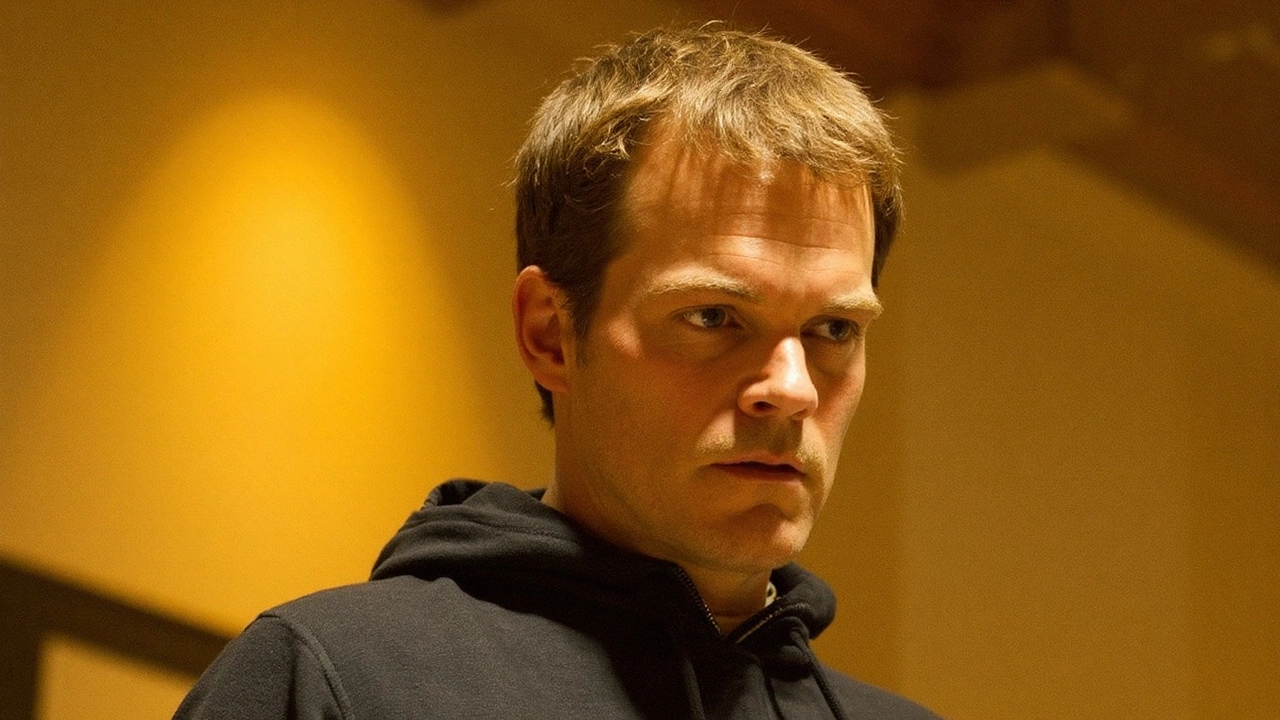Dexter: Resurrection – A Fresh Look at the Iconic Crime Series
When you hear Dexter: Resurrection, the latest season of the famed crime drama that follows a blood‑spatter analyst living a double life as a vigilante killer. Also known as Dexter Season 9, it brings back the dark humor and moral puzzles that made the original series a cult hit.
At its core, Dexter Morgan is a forensic expert who channels his urges into hunting other murderers, guided by a strict personal code. This character‑driven premise links directly to the crime drama genre that mixes procedural details with psychological tension. The series thrives on that blend, offering viewers a mix of forensic science, ethical dilemmas, and gritty storytelling.
What Makes the Resurrection Era Stand Out?
First, the setting shifts to Hulu the streaming platform that revived the show after a long hiatus, providing a fresh distribution model and binge‑watch freedom. This move changes how fans engage with the narrative, allowing marathon sessions that heighten suspense. Second, the plot deepens Dexter's internal conflict: he now faces a world where his past crimes have caught up with him, forcing a showdown with old and new enemies.
Another key element is the introduction of Miriam a sharp, new forensic colleague who challenges Dexter’s methods and pushes him toward redemption. Their dynamic illustrates a classic semantic triple: Dexter: Resurrection encompasses new character arcs. It also creates a fresh predicate: the series requires evolving relationships, which keeps long‑time fans interested while inviting newcomers.
From a production standpoint, the show leans on realistic blood‑spatter analysis, making the science aspect credible. That credibility fuels the series’ claim: crime drama influences audience perception of forensic work. By portraying accurate techniques, the show educates while it entertains, a win‑win for fans of both mystery and true‑crime documentaries.
Finally, the emotional weight of the finale ties back to the central theme of moral ambiguity. Dexter’s final decision reflects the series’ long‑standing question: can a killer ever truly be a hero? This lingering query is why the series continues to spark debates across forums, podcasts, and fan groups.
Below you’ll find a curated mix of articles that dive deeper into these topics—streaming tips, character breakdowns, and behind‑the‑scenes looks at how Dexter: Resurrection reshapes the crime‑drama landscape. Whether you’re here for the forensic facts, the moral puzzles, or just a good binge, the collection ahead has something for every fan.
Dexter: Resurrection finale rewrites Dexter Morgan with a rare act of self‑sacrifice
The final five minutes of Dexter: Resurrection flip the franchise on its head. Dexter offers his own life to save Harrison, apologizes for failing to protect him, and then breaks the fourth wall to define his identity. After killing Leon Prater and taking a cache of files on other killers, he embraces a new mission. It tees up season two with a character who is both changed and steadier than ever.
